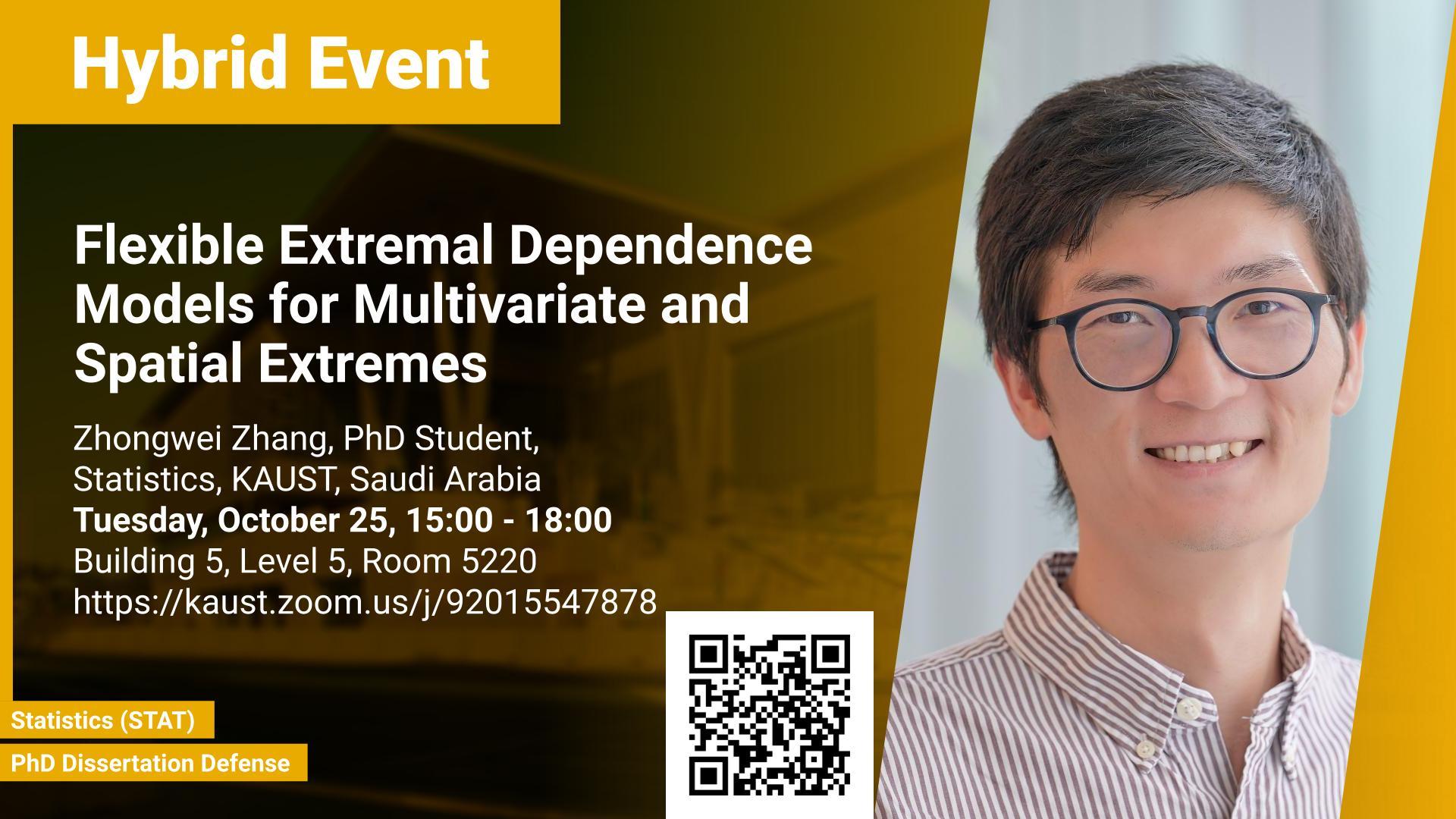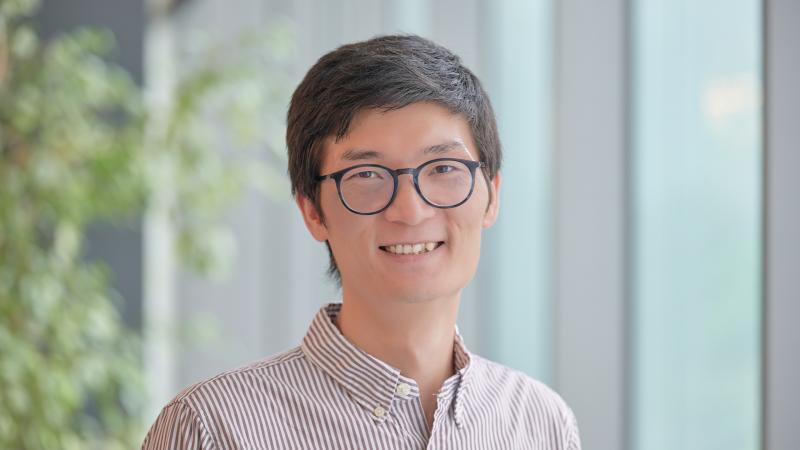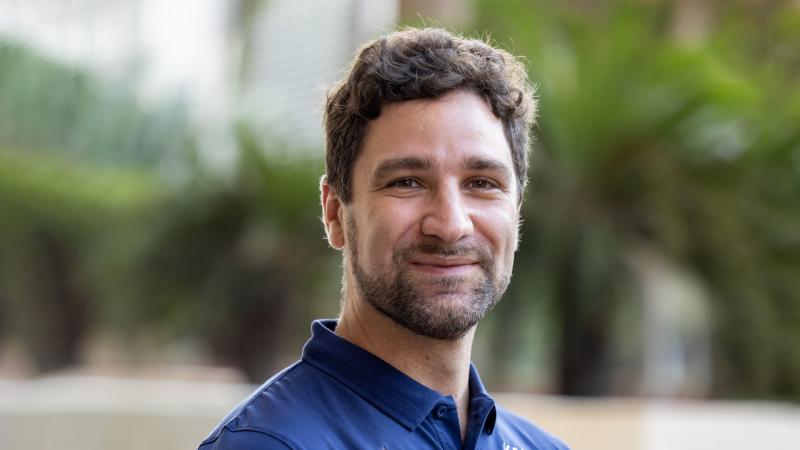Abstract
Classical models for multivariate or spatial extremes are mainly based upon the asymptotically justified max-stable or generalized Pareto processes. These models are suitable when asymptotic dependence is present. However, recent environmental data applications suggest that asymptotic independence is equally important. Therefore, development of flexible subasymptotic models is in pressing need. This dissertation consists of four major contributions to subasymptotic modeling of multivariate and spatial extremes. Firstly, the dissertation proposes a new spatial copula model for extremes based on the multivariate generalized hyperbolic distribution. The extremal dependence of this distribution is revisited and a corrected theoretical description is provided. Secondly, the dissertation thoroughly investigates the extremal dependence of stochastic processes driven by exponential-tailed Lévy noise. It shows that the discrete approximation models, which are linear transformations of a random vector with independent components, bridge asymptotic independence and asymptotic dependence in a novel way, whilst the exact stochastic processes exhibit only asymptotic independence. Thirdly, the dissertation explores two different notions of optimal prediction for extremes, and compares the classical linear kriging predictor and the conditional mean predictor for certain non-Gaussian models. Finally, the dissertation proposes a multivariate skew-elliptical link model for correlated highly-imbalanced (extreme) binary responses, and shows that the regression coefficients have a closed-form unified skew-elliptical posterior with an elliptical prior.
Brief Biography
Zhongwei Zhang has been a Ph.D. student in the Extreme Statistics Research Group at KAUST since August 2018. He obtained his Master's degree in Mathematics at the Technical University of Munich, Germany, and his Bachelor's degree in Mathematics and Applied Mathematics at Sichuan University, China.


